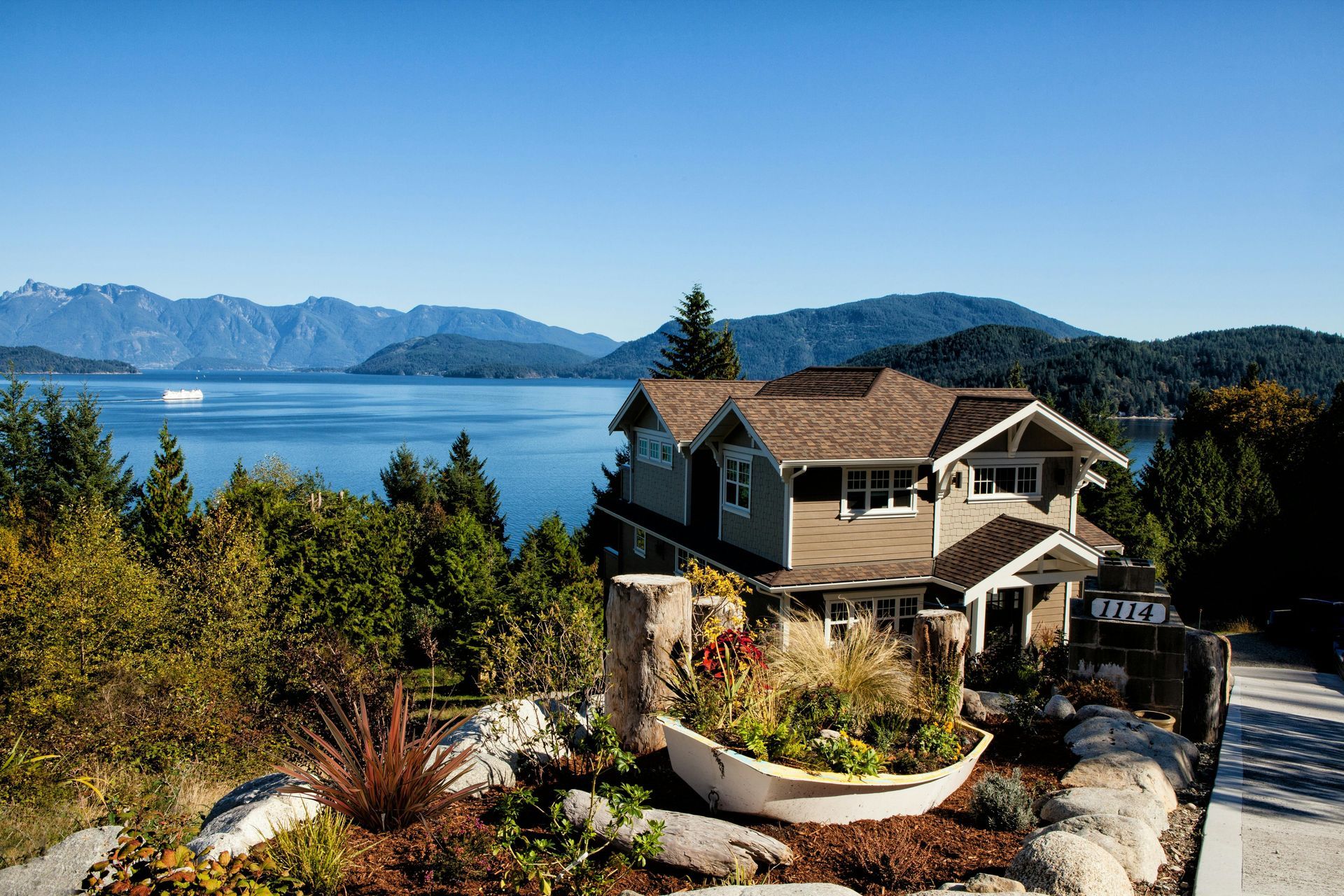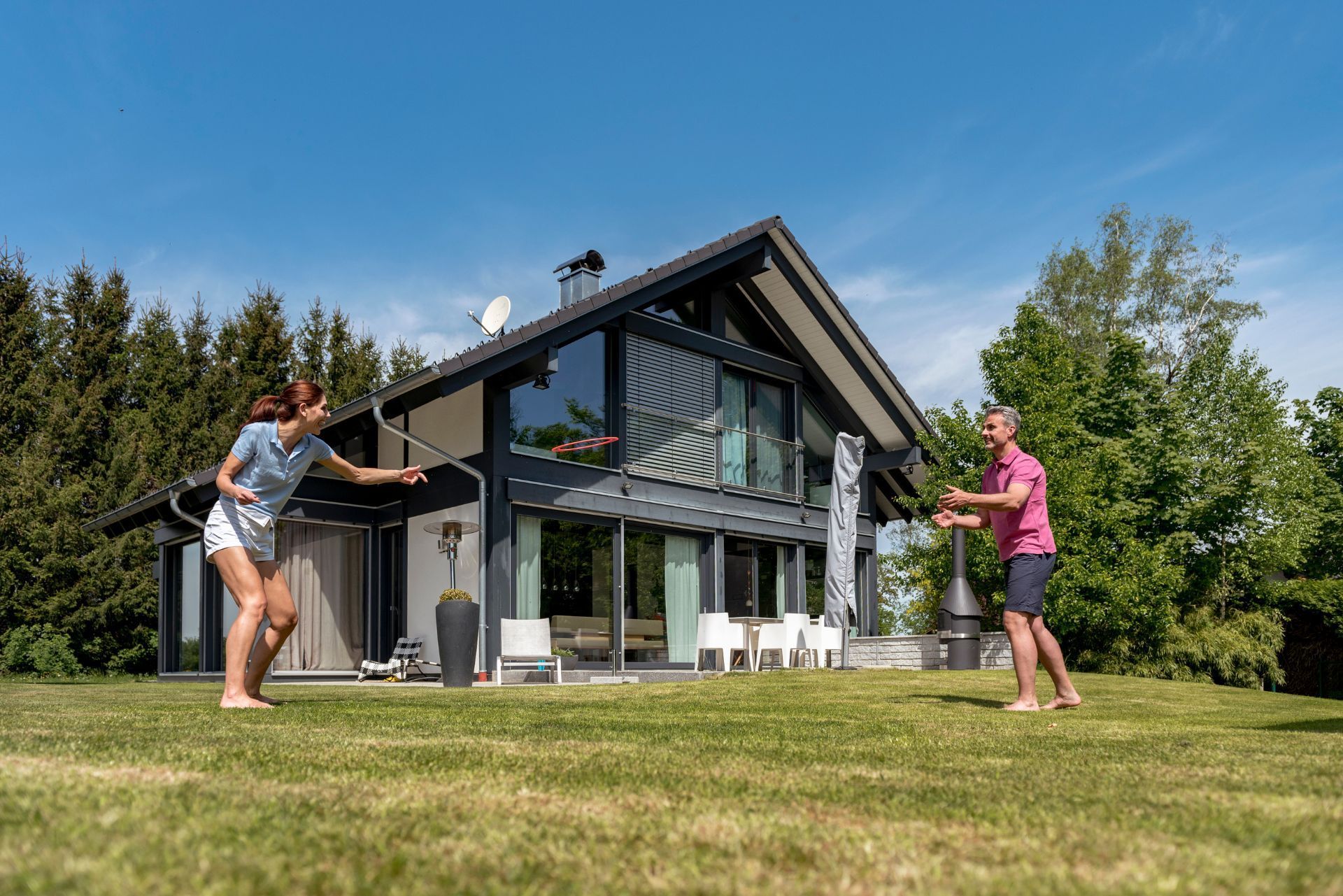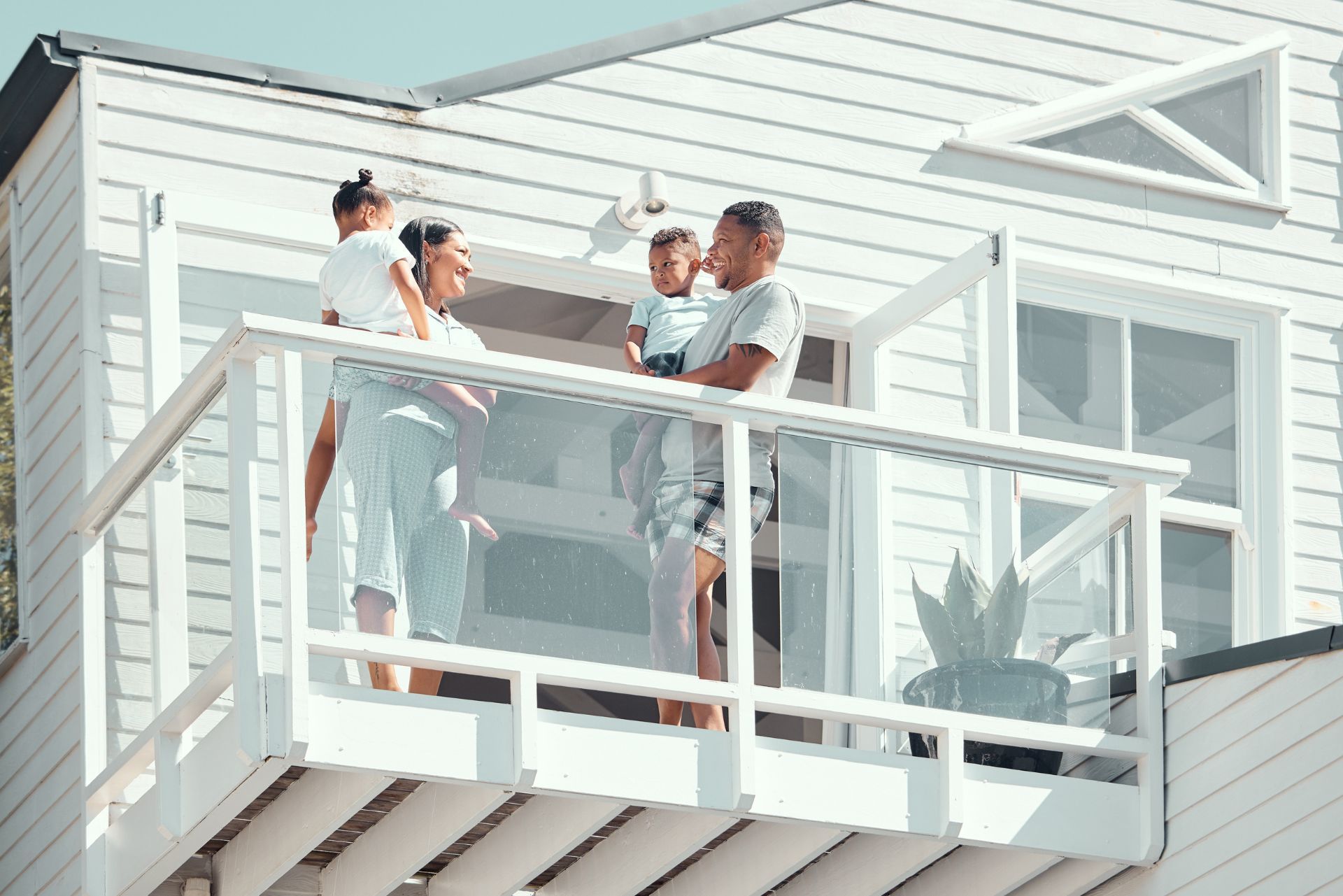
Index
Owning a vacation home in Michigan can be a dream come true. With its stunning lakes, beautiful landscapes, and vibrant communities, the state offers a perfect getaway for families and individuals alike. However, just like any other property, a vacation home requires proper insurance coverage to protect your investment. This article delves into everything you need to know about
vacation home insurance in Michigan, ensuring that you can enjoy your retreat without worrying about unforeseen circumstances.
Understanding Vacation Home Insurance
Vacation home insurance is designed specifically for properties that are not your primary residence. This type of insurance provides coverage for various risks associated with owning a second home, including damage from natural disasters, theft, and liability claims. It’s essential to understand the nuances of this insurance to ensure you have the right protection in place.
What Is Covered?
Typically, vacation home insurance covers the structure of the home, personal belongings, and liability protection. The structure coverage protects against damage caused by fire, wind, hail, and other perils. Personal property coverage includes items like furniture, electronics, and appliances. Liability coverage protects you in case someone is injured on your property and decides to sue.
However, it’s important to note that not all policies are created equal. Some may offer additional coverage options, such as protection against flooding or earthquakes, while others may exclude these risks. Always read the policy details carefully to understand what is and isn’t covered. Additionally, some insurers may provide options for rental income protection, which can be beneficial if you plan to rent out your vacation home when you are not using it. This coverage can help safeguard against potential loss of income due to property damage or other unforeseen events that may prevent you from renting your home.
Differences from Homeowners Insurance
While vacation home insurance shares similarities with standard homeowners insurance, there are key differences. Homeowners insurance is designed for primary residences, where the owner lives most of the year. In contrast, vacation home insurance accounts for the unique risks associated with properties that are often unoccupied for extended periods.
For instance, vacation homes may be more susceptible to vandalism or undetected maintenance issues due to their infrequent use. Therefore, insurers may adjust premiums and coverage options accordingly. Understanding these differences is crucial for selecting the right policy for your needs. Furthermore, many insurers may require a higher deductible for vacation homes, reflecting the increased risk associated with properties that are not regularly monitored. It’s also worth considering that some insurance companies may offer discounts for security features, such as alarm systems or smart home technology, which can help mitigate risks and potentially lower your premium.

Factors Influencing Insurance Premiums
Several factors can influence the cost of vacation home insurance in Michigan. Understanding these factors can help homeowners make informed decisions when shopping for coverage.
Location
The location of your vacation home plays a significant role in determining your insurance premiums. Homes situated in areas prone to natural disasters, such as flooding or wildfires, may incur higher premiums. Additionally, properties near lakes or coastal areas may also face increased risks, affecting insurance costs.
Moreover, the proximity to emergency services, such as fire departments and hospitals, can impact rates. Homes in remote locations may have higher premiums due to the longer response times in emergencies. Furthermore, local crime rates can also influence insurance costs; homes in neighborhoods with higher crime rates may face increased premiums due to the elevated risk of theft or vandalism. Homeowners should research the crime statistics of their desired location to better understand how it may affect their insurance rates.
Property Characteristics
Insurance companies will assess the characteristics of your vacation home, including its age, size, and construction materials. Newer homes built with modern materials may qualify for lower premiums due to their enhanced safety features. Conversely, older homes may require additional coverage for potential risks associated with aging infrastructure.
Additionally, the presence of safety features, such as smoke detectors, security systems, and fire extinguishers, can lead to discounts on premiums. Homeowners should consider investing in these features to not only protect their property but also save on insurance costs. It's also worth noting that the design and layout of the home can play a role; homes with complex roofs or unique architectural features may be more expensive to insure due to the higher costs associated with repairs or replacements. Thus, homeowners should take these elements into account when evaluating their insurance options.
Usage Patterns
How often you use your vacation home can also affect your insurance premiums. Homes that are rented out to guests may require different coverage compared to those used solely by family and friends. Rental properties may need additional liability coverage and specific endorsements to protect against potential claims from tenants.
On the other hand, if the home is left unoccupied for long periods, insurers may consider it a higher risk. Some companies may offer a vacant home policy to cover properties that are not regularly occupied, but this may come with its own set of limitations and higher premiums. Additionally, homeowners should be aware that seasonal usage patterns can also impact insurance; for example, if a home is only occupied during the summer months, insurers may require specific provisions to ensure that the property is adequately protected during the off-season. This could include regular inspections or maintenance checks to mitigate risks associated with prolonged vacancy, such as water damage or pest infestations.
Types of Coverage Options
When purchasing vacation home insurance, homeowners can choose from various coverage options tailored to their specific needs. Understanding these options can help ensure adequate protection for your investment.
Basic Coverage
Basic coverage typically includes dwelling protection, personal property coverage, and liability insurance. This is the foundation of any vacation home insurance policy and provides essential protection against common risks.
Homeowners should evaluate the coverage limits to ensure they align with the value of the home and its contents. Underinsuring a property can lead to significant out-of-pocket expenses in the event of a loss. Additionally, it's crucial to keep an updated inventory of personal belongings, as this can expedite the claims process and ensure that all valuable items are adequately covered in the event of theft or damage.
Additional Coverage Options
Many insurers offer additional coverage options that can be added to a basic policy. These may include:
- Flood Insurance: Essential for homes in flood-prone areas, this coverage protects against water damage not covered by standard policies.
- Earthquake Insurance: Important for properties located in seismically active regions, this coverage safeguards against earthquake-related damages.
- Personal Umbrella Insurance: This provides an extra layer of liability protection beyond the limits of your standard policy, ideal for high-value properties.
Homeowners should assess their specific risks and consider adding these options if necessary. Consulting with an insurance agent can provide valuable insights into the best coverage for your situation. Furthermore, it’s wise to review your policy annually, as changes in local laws, property value, or personal circumstances can affect your coverage needs. Being proactive in understanding the nuances of your insurance policy can save you from potential pitfalls and ensure that you are fully protected against unforeseen events.
How to Choose the Right Insurance Provider
Choosing the right insurance provider is crucial for securing the best coverage for your vacation home. With numerous options available, homeowners should take the time to research and compare different insurers.
Researching Providers
Start by researching various insurance companies that offer vacation home insurance in Michigan. Look for providers with a solid reputation, positive customer reviews, and strong financial stability. Online resources, such as consumer review websites and industry ratings, can provide valuable insights into a company's reliability.
Additionally, consider reaching out to friends, family, or local real estate professionals for recommendations. Personal experiences can often highlight the strengths and weaknesses of different insurers. It can also be beneficial to check the insurance provider's standing with regulatory bodies, such as the National Association of Insurance Commissioners (NAIC), which can provide information on complaints and overall customer satisfaction. This research can help you identify insurers that not only have a good reputation but also a history of fair dealings with their policyholders.
Comparing Quotes
Once you have a shortlist of potential providers, request quotes from each company. Ensure that the quotes are based on similar coverage options and limits, as this will allow for a more accurate comparison.
Pay attention to the premiums, deductibles, and coverage limits. While it may be tempting to choose the cheapest option, it’s essential to consider the overall value of the policy. A slightly higher premium may offer significantly better coverage and peace of mind. Additionally, inquire about any discounts that may apply, such as bundling policies or having security features in your vacation home, which can further enhance your savings while ensuring comprehensive coverage.
Assessing Customer Service
Customer service is a critical factor when selecting an insurance provider. A company that is responsive and helpful when answering questions or processing claims can make a significant difference during stressful situations.
Consider reaching out to potential insurers with questions about their policies or claims process. Take note of their responsiveness and willingness to assist. Additionally, check if they offer online account management, which can simplify policy management and claims filing. A user-friendly digital platform can make it easier to access policy documents, make payments, and track claims, ensuring that you have the necessary support at your fingertips whenever you need it. Furthermore, look for insurers that provide educational resources or tools to help you understand your coverage options better, as this can empower you to make informed decisions about your insurance needs.

Common Exclusions in Vacation Home Insurance
Understanding common exclusions in vacation home insurance is essential for avoiding surprises when filing a claim. While policies vary, several exclusions are frequently found across different providers.
Natural Disasters
Many standard vacation home insurance policies do not cover damages caused by certain natural disasters, such as floods or earthquakes. Homeowners in high-risk areas should consider purchasing separate policies or endorsements to protect against these specific risks.
For instance, flood insurance is often provided through the National Flood Insurance Program (NFIP) and may be necessary for homes located near bodies of water. It's important to note that even in areas not traditionally considered flood zones, unexpected weather patterns can lead to significant flooding, making it wise to assess your risk and secure appropriate coverage. Furthermore, earthquake insurance can be particularly vital in regions prone to seismic activity, as the damage caused by earthquakes can be extensive and costly to repair.
Negligence and Maintenance Issues
Insurance policies typically do not cover damages resulting from neglect or lack of maintenance. If a homeowner fails to address issues like a leaky roof or plumbing problems, any resulting damage may not be covered. Regular maintenance and prompt repairs are crucial for protecting your investment and ensuring coverage remains intact.
Additionally, homeowners should take steps to winterize their vacation homes if they are not occupied during colder months. This can help prevent damage from freezing pipes and other winter-related issues. Simple measures such as draining water lines, insulating pipes, and keeping the thermostat set to a minimum temperature can save homeowners from costly repairs. It's also advisable to conduct seasonal inspections to catch any potential issues before they escalate, ensuring that your vacation home remains a safe and enjoyable retreat.
Business Activities
If the vacation home is used for business purposes, such as running a bed and breakfast or hosting events, standard vacation home insurance may not provide adequate coverage. Homeowners engaging in business activities should consider obtaining a commercial insurance policy or specific endorsements to ensure they are adequately protected.
Moreover, even if the property is primarily used as a vacation home, renting it out on platforms like Airbnb or VRBO can introduce additional liabilities that standard policies may not cover. This can include guest injuries or property damage that occurs during a rental period. Homeowners should carefully review their insurance options and possibly consult with an insurance agent to tailor their coverage to fit their unique situation, ensuring they are fully protected against potential risks associated with short-term rentals.
Tips for Lowering Your Insurance Premiums
While vacation home insurance is essential, homeowners can take steps to lower their premiums without sacrificing coverage. Here are some effective strategies to consider:
Increase Your Deductible
One of the most straightforward ways to lower insurance premiums is by increasing your deductible. A higher deductible means you will pay more out of pocket in the event of a claim, but it can significantly reduce your premium costs. Homeowners should carefully evaluate their financial situation to determine a deductible they can comfortably manage.
Bundle Policies
Many insurance companies offer discounts for bundling multiple policies, such as vacation home insurance with auto or primary home insurance. This can lead to substantial savings on premiums. Homeowners should inquire about bundling options when shopping for insurance.
Implement Safety Features
Investing in safety features can not only protect your vacation home but also lead to discounts on insurance premiums. Installing smoke detectors, security systems, and fire extinguishers can demonstrate to insurers that you are taking proactive measures to mitigate risks.
Additionally, consider upgrading the home’s plumbing and electrical systems if they are outdated. These improvements can reduce the likelihood of claims related to water damage or fire hazards.
Filing a Claim: What to Expect
In the unfortunate event of a loss, understanding the claims process can help homeowners navigate the situation more effectively. Here’s what to expect when filing a claim on your vacation home insurance.
Document the Damage
Before contacting your insurance provider, document the damage thoroughly. Take photos and videos of the affected areas, and make a list of damaged items. This documentation will be crucial when filing your claim and can help expedite the process.
Contact Your Insurer
Once the damage has been documented, contact your insurance provider to report the claim. Be prepared to provide details about the incident, including when it occurred, the extent of the damage, and any relevant documentation.
Your insurer will likely assign a claims adjuster to assess the damage and determine the coverage applicable to your claim. Be sure to cooperate fully and provide any additional information requested during this process.
Review the Settlement Offer
After the claims adjuster has completed their assessment, your insurer will provide a settlement offer. Review this offer carefully to ensure it aligns with your policy coverage and the documented damage. If you believe the offer is insufficient, you have the right to negotiate or appeal the decision.
Conclusion
Michigan vacation home insurance is a vital component of protecting your investment and ensuring peace of mind while enjoying your getaway. By understanding the coverage options, factors influencing premiums, and the claims process, homeowners can make informed decisions that best suit their needs.
Whether you are a first-time vacation home buyer or a seasoned owner, taking the time to research and compare policies will help you find the right coverage. With the right insurance in place, you can fully enjoy the beauty and relaxation that Michigan has to offer, knowing that your property is well-protected.

